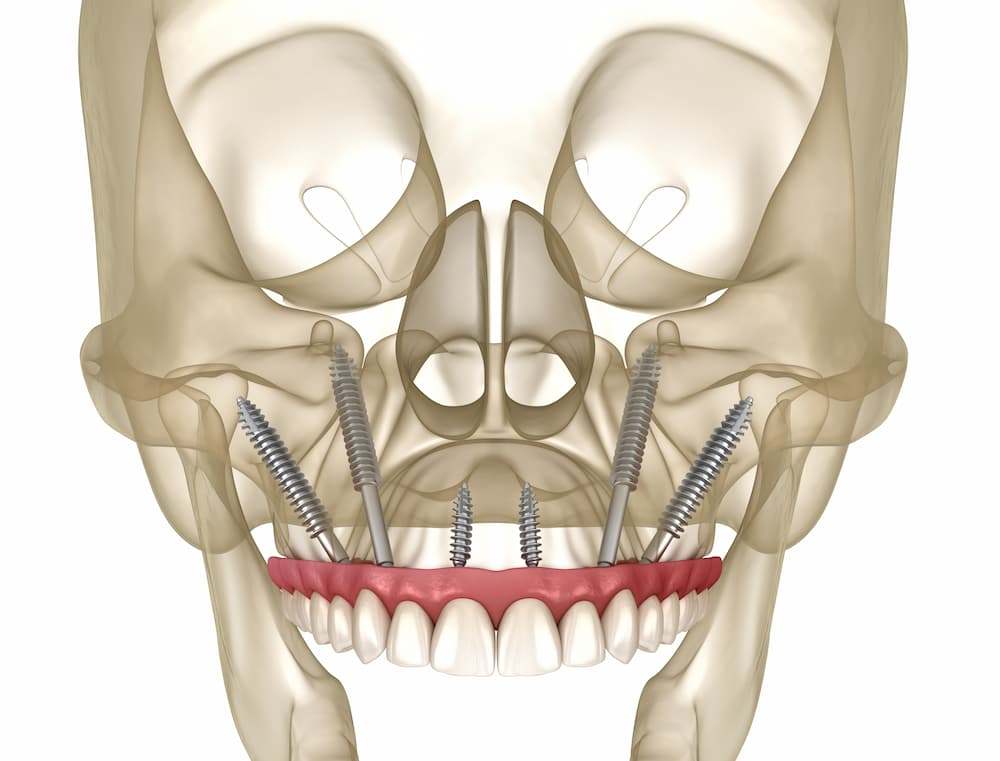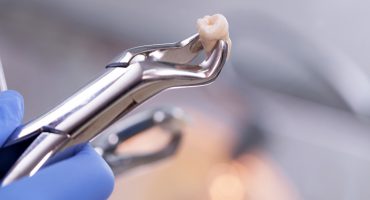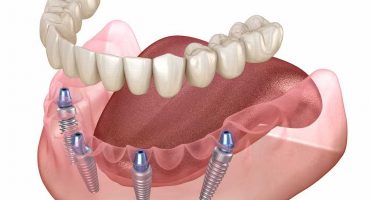When multiple teeth are lost in the upper jaw, dentures with implants are a comfortable alternative to dentures. But especially in older people, the existing bone substance is often not enough. Then there is only a lengthy bone structure, which provides the necessary stability. Unlike Zygoma implants, they eliminate the need for bone augmentation. The extra long implants are firmly anchored in the zygomatic bone. Find out about the possibilities of innovative Zygoma implants and what special implants are all about.
Overview of this article
- Progressive bone loss in old age
- The solution: the Zygoma implant
- What distinguishes Zygoma implants from conventional implants?
- Procedures for Inserting The Zygoma Implants
- This happens during the treatment
- What are the risks associated with Zygoma implants?
- How high are the costs?
- How long does a Zygoma implant last?




